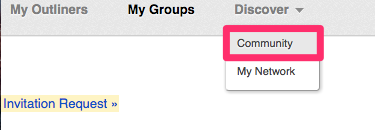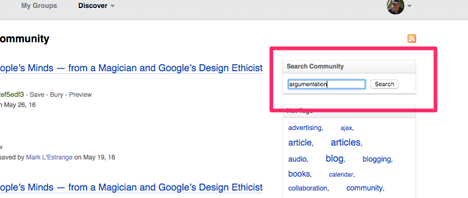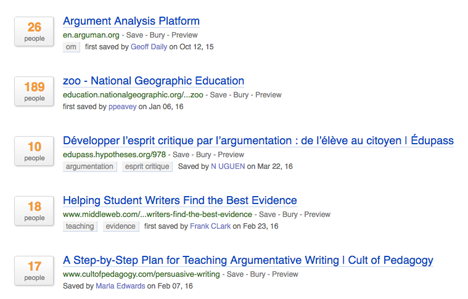This is the final segment of my exploration of the argument contrasting the value of teaching coding vs. teaching argumentation in K12 classrooms.
Reasons to support argumentation
First, to review, the following were my proposed reasons to support the “teach argumentation” position.
- Capacity to analyze reasons and evidence essential when information sources must be evaluated
- Process of science involves reasoning from evidence
- Argumentation is a productive social process increasing understanding when positions differ
There is a large body of research exploring argumentation skills, whether educational interventions can develop these skills, and whether specific techniques are successful in developing argumentation skills. The reasons I have offered in support of argumentation would require that evidence of this type exist, but would also require that the general skill of argumentation be applied in specific areas to specific ends. I would regard the demonstration that these skills can be developed as equivalent to the reasons that there are jobs for computer programmers. If you value the outcome, then the development of the skill is important.
Support is easy to find.
Kuhn, D., Goh, W., Iordanou, K., & Shaenfield, D. (2008). Arguing on the Computer: A Microgenetic Study of Developing Argument Skills in a Computer-Supported Environment. Child Development, 79(5), 1310-1328.
Kuhn, D., Hemberger, L., & Khait, V. (2016). Argue with Me: Argument as a Path to Developing Students’ Thinking and Writing.
Kuhn, D. (2015). Thinking together and alone. Educational Researcher, 44, 46-53.
Reznitskaya, A., Anderson, Richard C., & Kuo, L. J. (2007). Teaching and Learning Argumentation. The Elementary School Journal, 107(5), 449-472.
What about source evaluation as an outcome? Think of this as being able to evaluate the information arguments we encounter daily.
Lin, T.-J., Horng, R.-Y., & Anderson, R. C. (2014). Effects of Argument Scaffolding and Source Credibility on Science Text Comprehension. Journal of Experimental Education, 82(2), 264-282.
Importance of argumentation in STEM areas – the process of science involves the key processes of argumentation hence the development of argumentation skill is important in appreciating science or taking a scientific perspective.
Lin, T.-J., Horng, R.-Y., & Anderson, R. C. (2014). Effects of Argument Scaffolding and Source Credibility on Science Text Comprehension. Journal of Experimental Education, 82(2), 264-282.
Lee, H.-S., Liu, O. L., Pallant, A., Roohr, K. C., Pryputniewicz, S., & Buck, Z. E. (2014). Assessment of uncertainty-infused scientific argumentation. Journal of Research in Science Teaching, 51(5), 581-605.
Some thoughts on counter arguments.
Since the requirements for near and far transfer were surfaced as part of the evaluation of the coding research and the amount of time required for transfer of coding to other cognitive skill areas was considered, I think it relevant to note the amount of time invested in some of the argumentation research. For example, the Kuhn research (e.g., her book) involved studies of classroom programs that spanned two years. The practical implications here would seem similar to concerns raised regarding “hour of code” and other short-term efforts to develop computational thinking. A lesson on argumentation here or there is not what the research tends to evaluate.
I am also not certain I would argue that argumentation research assumes the goal is to demonstrate the far transfer expected of coding research (computer programming problem solving to other problem-solving tasks). The identification of reasons and reason related evidence or the capacity to identify these same factors in the positions taken by others might be more a near transfer task when applied in different areas (science, social issues, etc).
47 total views , 1 views today



You must be logged in to post a comment.